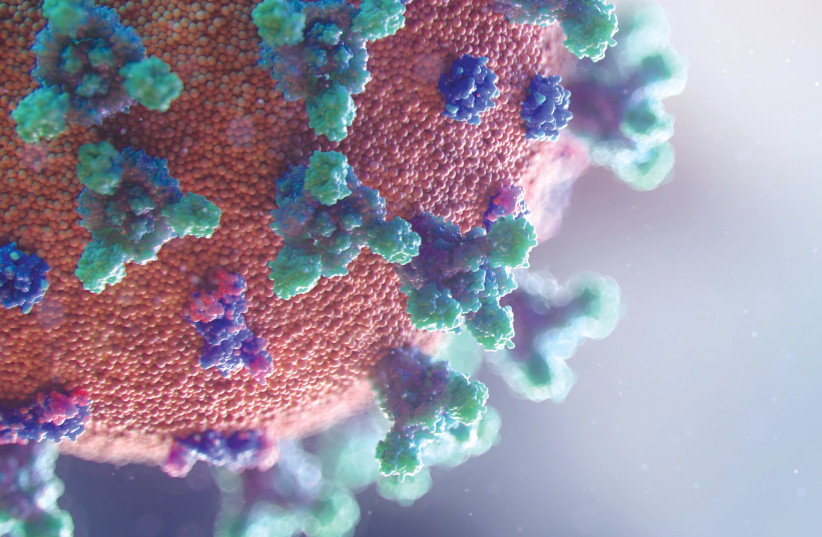Plasma blood transfusion may contain therapeutic antibodies to treat immunocompromised COVID-19 patients, a new study has concluded.
The study was led by researchers from the US and Italy and was published in the peer-reviewed academic journal Jama Network Open.
The research sheds light on treatment methods for the deadly pandemic that could help many high-risk immunocompromised patients.
Can blood plasma transfusions help immunocompromised COVID patience?
Immunocompromised people, such as those with pre-existing conditions, are at a high risk of developing severe cases of COVID-19.
Though antibodies, either from prior infection or the vaccine, do help prevent severe cases, some immunocompromised patients still struggle to have a strong enough antibody response to protect against COVID.

Further, the new COVID variants have been found to be far more transmissible than others and thus can get around antibody responses.
But there is the option of blood plasma transfusion.
The idea behind it is to transfer blood plasma from patients with COVID antibodies into immunocompromised patients in order to transfer the antibodies along with them.
It should be noted that back in December 2021, the World Health Organization (WHO) advised against using blood plasma with COVID antibodies. At the time, it cited a lack of evidence that it could give any benefit to patients with mild-to-moderate COVID.
However, blood plasma transfusion with COVID antibodies has since shown benefits in other studies, especially for immunocompromised patience at high risk of mortality. In fact, back in January 2022, the US Food and Drug Administration (FDA) allowed for plasma transfusion for some patients in a new set of guidelines, having previously given it emergency use approval in 2020.
With that in mind, this study decided to take a look at the prior research and do a systematic review of the existing medical literature.
Overall, the researchers managed to look at three randomized clinical trials, five different cohort studies, 13 different uncontrolled large case series and 125 different case report series. Altogether, the study analyzed over 2,100 participants.
And in their conclusion, the researchers determined that transferring blood plasma with COVID antibodies is definitely helpful with immunocompromised COVID patients. Doing so was shown to be linked with lower mortality.
All of this, admittedly, hinges on the blood plasma being transferred at the right stage of the illness's progression and in sufficient dosage.
However, this is true of all antibody-based therapies for COVID. And out of all of them, the researchers say that blood plasma is the best.
The researchers note that it can't be definitively proven and demonstrated with their data, but they do have enough evidence to support its efficacy.
But more research is still needed to better ascertain the best way to use blood plasma to help COVID patients.
More recent COVID research
This latest research helps further build on the pre-existing literature on COVID since the disease first spread out of China and across the world at the end of 2019, infecting hundreds of millions globally and with a death toll currently over 6.4 million people.
A recent study saw that the immune systems of men who had recovered from mild cases of COVID responded more robustly to flu vaccines than women.
Another study from last month saw that some people who tested positive for COVID-19 do not get their sense of smell back due to a declining number of olfactory nerve cells caused by an ongoing immune assault.
Judy Siegel-Itzkovich contributed to this report.
